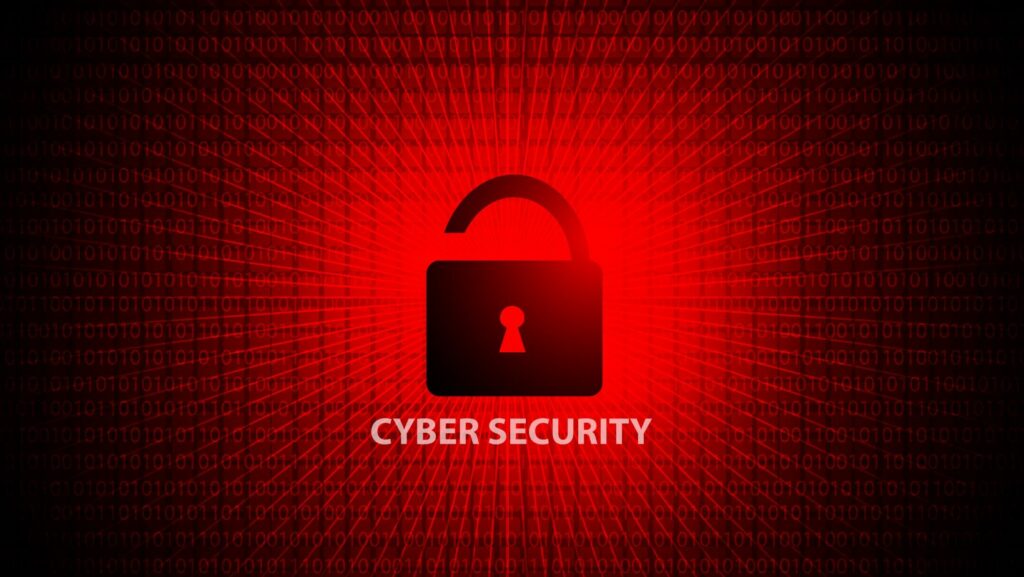In the rapidly evolving digital world, one term often sparks debate: cybersecurity. Or is it cyber security? This seemingly minor difference has stirred discussions among professionals, academics, and enthusiasts alike. But why does it matter, and what does it imply?
This article dives into the nitty-gritty of this debate, exploring the nuances between ‘cybersecurity’ and ‘cyber security’. It’s more than just a space—it’s about understanding the scope and intricacies of an increasingly important field. So, buckle up as we navigate the fascinating world of digital protection and its terminology.
Is It Cybersecurity Or Cyber Security

Between the terms “cybersecurity” and “cyber security”, there’s nuance worth inspecting. This section unpacks the subtle details, understanding the roots of the terms, and tracking how digital culture has influenced their evolution.
Understanding the Debate
Parsing “cybersecurity” from “cyber security” may seem trivial, yet the discussion holds significance on deeper inspection. The one-word version, cybersecurity, often brings an image of a unified, holistic approach towards the protection of digital space. However, when split into two words, cyber security, their interpretation takes on broader aspects. The debate dives into the intrinsic nature of ever-evolving digital protection methods, and it’s not just a linguistic phenomenon.
The Evolution of Cyber Terms in Digital Culture
Digital culture introduced “cybersecurity” and “cyber security” and gradually shaped these terms’ meaning. On deeper examination, it’s found that the single-word usage, cybersecurity, rose in prominence with the advent of advanced threats needing integrated solutions. These threats called for a singular view, leading to the preference for “cybersecurity”. It implied a comprehensive approach where all elements of a system work in synergy. Nonetheless, “cyber security”, broken down, still holds relevance, as it allows flexibility to consider various distinct aspects of digital protection, offering room for innovations and developments. Thus, digital culture’s impact manifests in how these terms have been tailored, resonating with the dynamics of the cyber realm.
Impact on Professional Communication and Standards

The debate over “cybersecurity” versus “cyber security” reaches beyond linguistic preferences, impacting professional communication and upholding, as well as shaping, industry norms and guidelines.
It’s crucial to recognize that the choice between “cybersecurity” and “cyber security” can influence formal standards and guidelines within the industry. Professional bodies, such as the International Organization for Standardization (ISO), use “cybersecurity” in their documentation. This choice reflects an integral approach to security, implying that security measures extend across all cyber-related facets. On the other hand, organizations opting for “cyber security” often aim for a broader reach, focusing on various separate entities of digital protection.
For example, the ISO/IEC 27032:2012 guideline, titled “Guidelines for Cybersecurity,” is one of the many instances where professional entities zero in on “cybersecurity.” This usage reinforces the term’s validity, despite the ongoing debate.
Global Perspectives on the Terminology

Differing uses of “cybersecurity” and “cyber security” demonstrate cultural, geographical, and organizational disparities. These differences extend locales and decision-making blueprints. Now, let’s delve deeper into the regional preferences and find uniformity within international documents and policies.
Regional Preferences and Variations
Across the globe, the usage of “cybersecurity” versus “cyber security” varies, indicating a matter of regional preference. For instance, the US generally employs “cybersecurity” whilst the UK favors “cyber security.” It’s a scenario that paints a vivid dialectic divide. In specific terms, American-based global tech giants, such as Google and Microsoft, predominantly use “cybersecurity.” On the contrary, UK governmental bodies and British-centered organizations usually opt for “cyber security,” reflecting the linguistic practices and norms in the respective countries.
Consistency in International Documents and Policies
Moving towards the consistency, international documents and policies typically adhere to “cybersecurity.” Organizations like the International Telecommunication Union (ITU), a specialized agency of the United Nations, consistently use “cybersecurity” in their publications and reports. Similarly, the ISO, which sets the international standards for various industries, uniformly employs “cybersecurity” in their guidelines. This practice brings a level of standardization, ensuring a consistent language that aligns with the global discourse on digital security. Hence, in international contexts and official guidelines, the term “cybersecurity” prevails – exemplifying a standard that echoes across policies and documents, ensuring universal comprehension and acceptance.



